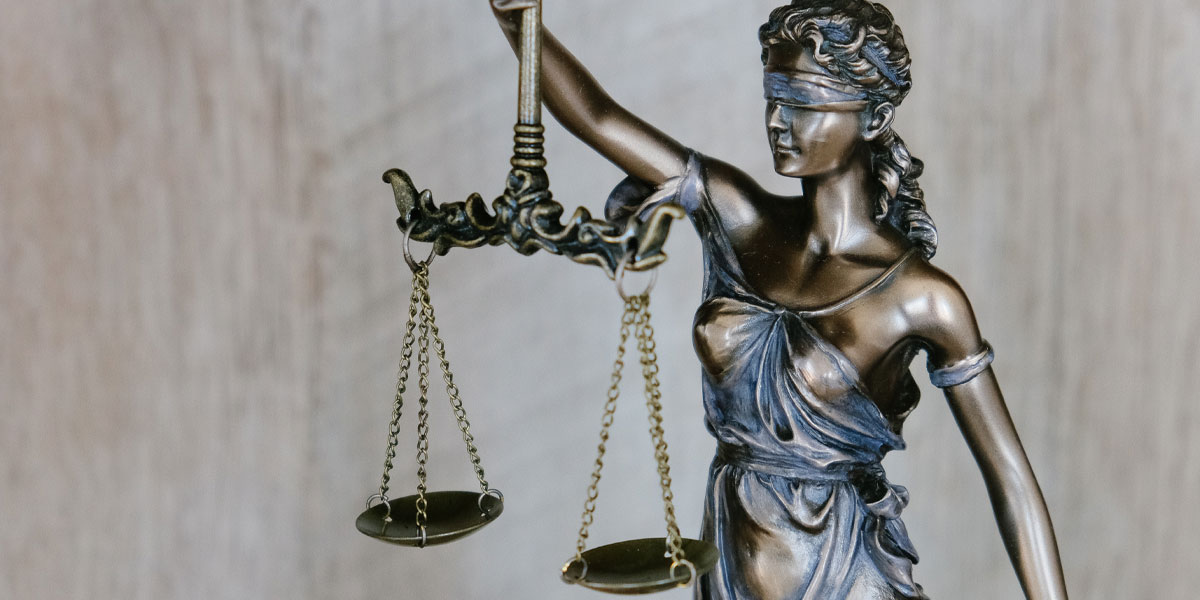Struggling with overwhelming debt and looking for a way to start fresh? Chapter 7 bankruptcy might be the solution you need. This comprehensive article will guide you through the key aspects of Chapter 7 bankruptcy in New York. We’ll cover eligibility requirements, the filing process, exemptions, and the potential impact on your financial future.
Understanding Chapter 7 Bankruptcy in New York
Chapter 7 bankruptcy, also known as liquidation bankruptcy, allows individuals and businesses to discharge their unsecured debts and make a fresh start. In a Chapter 7 bankruptcy case, a trustee is appointed to collect and sell non-exempt assets to distribute the profits to creditors. However, many assets are protected by exemptions, allowing individuals to keep essential possessions.
Advantages of Chapter 7 Bankruptcy in New York
Filing for Chapter 7 bankruptcy in New York offers several benefits that can significantly improve your financial situation. Let’s explore some of the key advantages of Chapter 7 bankruptcy:
Debt Discharge: Most unsecured debts, such as credit card debt, medical bills, and personal loans, can be discharged, giving you a fresh financial start.
Automatic Stay: Filing for Chapter 7 bankruptcy puts an automatic stay in place, halting collection actions, creditor harassment, wage garnishment, and foreclosure proceedings.
Asset Protection: Many assets are protected by exemptions, allowing you to retain necessary property, including your primary residence, vehicle, and essential personal belongings.
Quick Debt Resolution: Chapter 7 bankruptcy cases are typically resolved within a few months, enabling you to move forward with your life and rebuild your finances.
Eligibility Criteria for Chapter 7 Bankruptcy
In order to file for Chapter 7 bankruptcy in New York, you must meet specific eligibility requirements. Here are the criteria you must meet to file for Chapter 7 bankruptcy:
Means Test: Your income must fall below the median income for a household of a similar size in New York to pass the means test and file for Chapter 7 bankruptcy.
Credit Counseling: You must complete a credit counseling course from an approved agency within 180 days before filing for bankruptcy.
Prior Bankruptcy Discharges: Restrictions may apply if you have received a Chapter 7 bankruptcy discharge within the past eight years or a Chapter 13 discharge within the past six years.
The Filing Process for Chapter 7 Bankruptcy
Filing for Chapter 7 bankruptcy in New York involves several crucial steps. Here’s an overview of the filing process:
Educate Yourself: Familiarize yourself with the Chapter 7 bankruptcy process, laws, and regulations to understand what to expect.
Consult with an Attorney: Seek guidance from a knowledgeable bankruptcy attorney who can assess your financial situation and provide advice on the best course of action.
Gather Documents: Collect necessary documents, such as tax returns, pay stubs, and bank statements, to complete the bankruptcy petition.
Complete the Bankruptcy Petition: Fill out the bankruptcy petition and other required forms, listing all of your assets, liabilities, and income.
File the Bankruptcy Petition: Submit the bankruptcy petition and other required documents to the court.
Attend the Meeting of Creditors: Participate in the meeting of creditors, where the trustee will ask questions about your bankruptcy petition.
Receive Discharge: Once the court approves your bankruptcy petition, you will receive a discharge of your unsecured debts.
In Conclusion
Chapter 7 bankruptcy can provide a fresh financial start and help you move forward with your life. If you are considering filing for Chapter 7 bankruptcy in New York, it is essential to understand the eligibility criteria, the filing process, and the potential benefits and drawbacks. This comprehensive guide has provided you with the information you need to make an informed decision.




